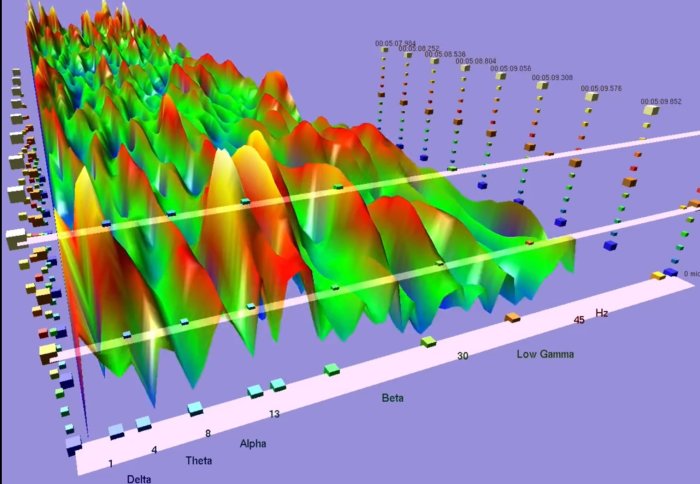Contents
Dimethyltryptamine (DMT) has been classified as a Schedule-I drug for quite some time in USA, with some exception for religious uses like the community of União do Vegetal who uses DMT in their Christmas ceremonies, and the Church of Santo Daime which uses DMT as a Sacrament under watchful eyes of the Drug Enforcement Authority (DEA) of USA.
Many non-profits, activists and social organisations like the ICEERS have been working for, and envisions a future with, legalization of DMT to make DMT more accessible to the common people. There are a number of research groups worldwide who are working to discover the world of possibilities by researching DMT. However, there are challenges.
Challenges to Legalization efforts of DMT
The Drug enforcement authorities like the DEA may continue to oppose the usage of Psychedelics like DMT even in controlled and clinical trials.
Threats to Research work on DMT
- Threats from Psychedelics Proponents: If research finds DMT to have no long-term therapeutic uses, the proponents of Psychedelics may oppose such.
- Threats from Religious Groups: They may not be happy with the findings of Psychedelics being able to induce a spiritual or a mystical state of consciousness.
- Threats from Abortion Rights Activists: DMT’s experience, proving the existence of a soul in fetuses, may be opposed by them.
- Threats from Neuroscientists: They may challenge the authenticity and acceptability of the subjective realities induced by Psychedelics which might be considered as falling outside of the traditional research. Subjective research has always been referred as metaphysics, and therefore, they may challenge even the most legitimate findings.
References
- https://psychedelictimes.com/what-is-dmt-developing-a-personal-and-cultural-understanding-of-the-spirit-molecule/
- “Schedules of Controlled Substances,” Food and Drug Administration, revised April 1, 2015, https://www.accessdata.fda.gov/scripts/cdrh/cfdocs/cfcfr/CFRSearch.cfm?fr=1308
- https://www.culturalsurvival.org/publications/cultural-survival-quarterly/ayahuasca-shamanism-shared-across-cultures
- ”Frequently Asked Questions,” União do Vegetal in the United States, accessed December 30, 2015, https://udvusa.org/faq/


